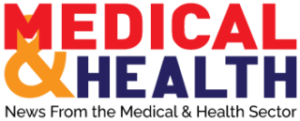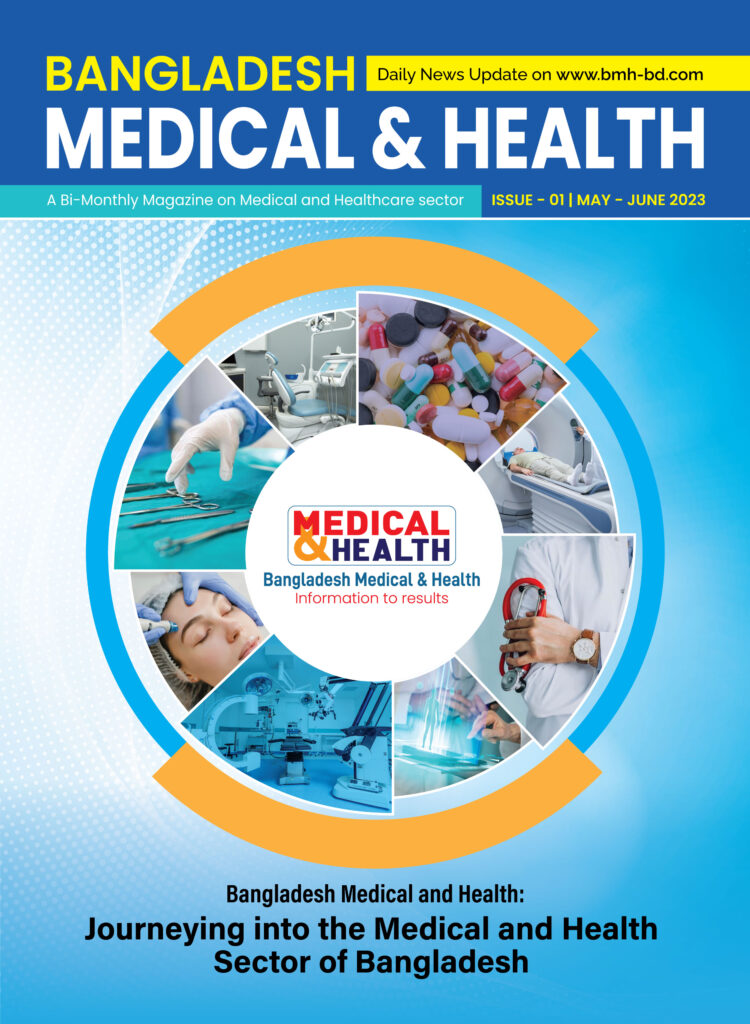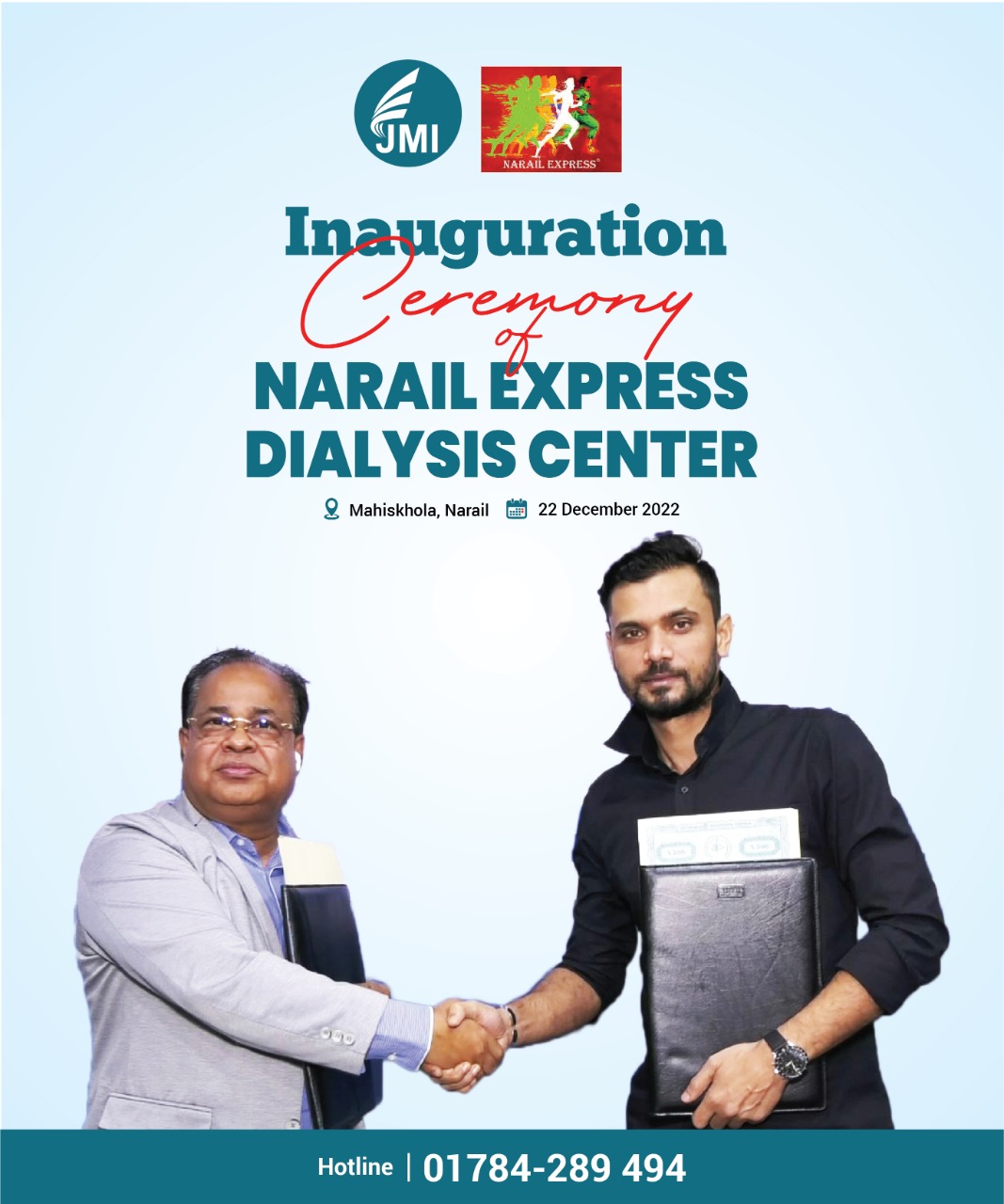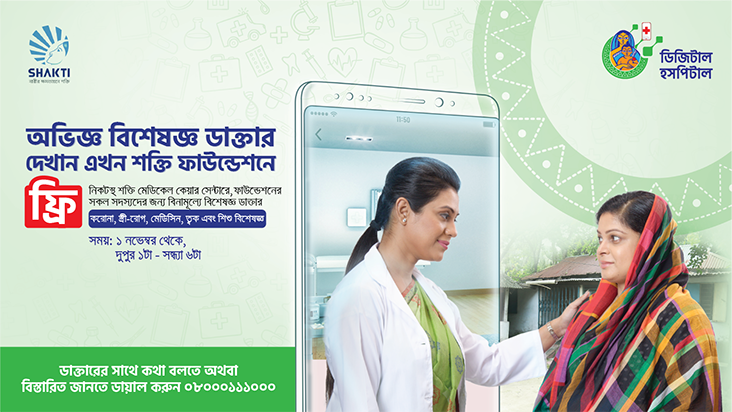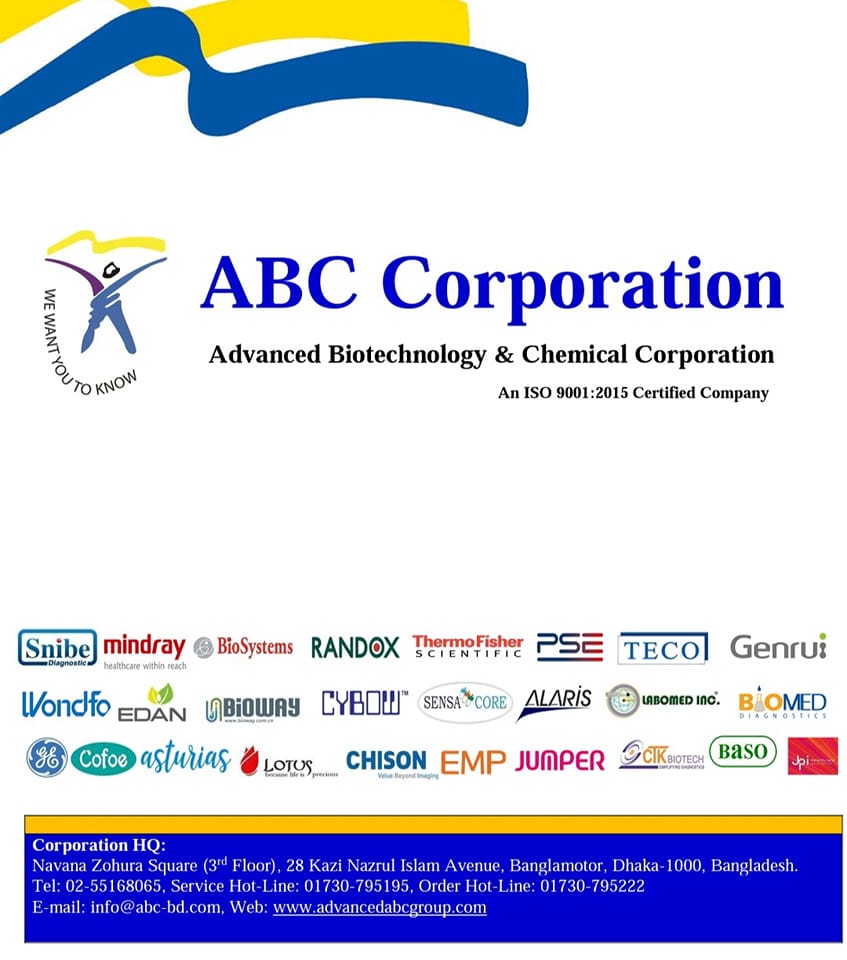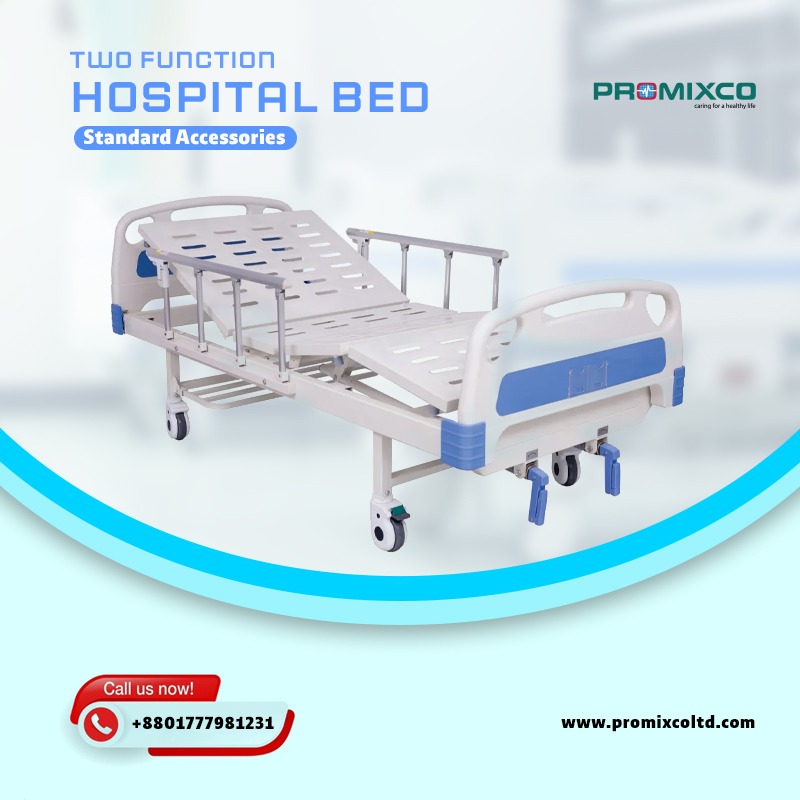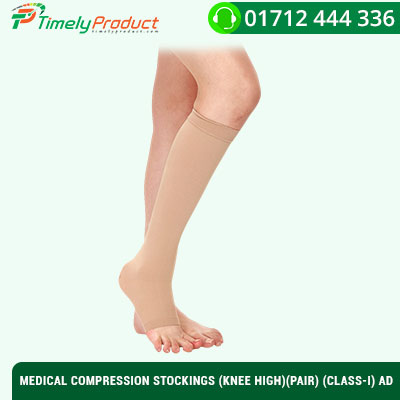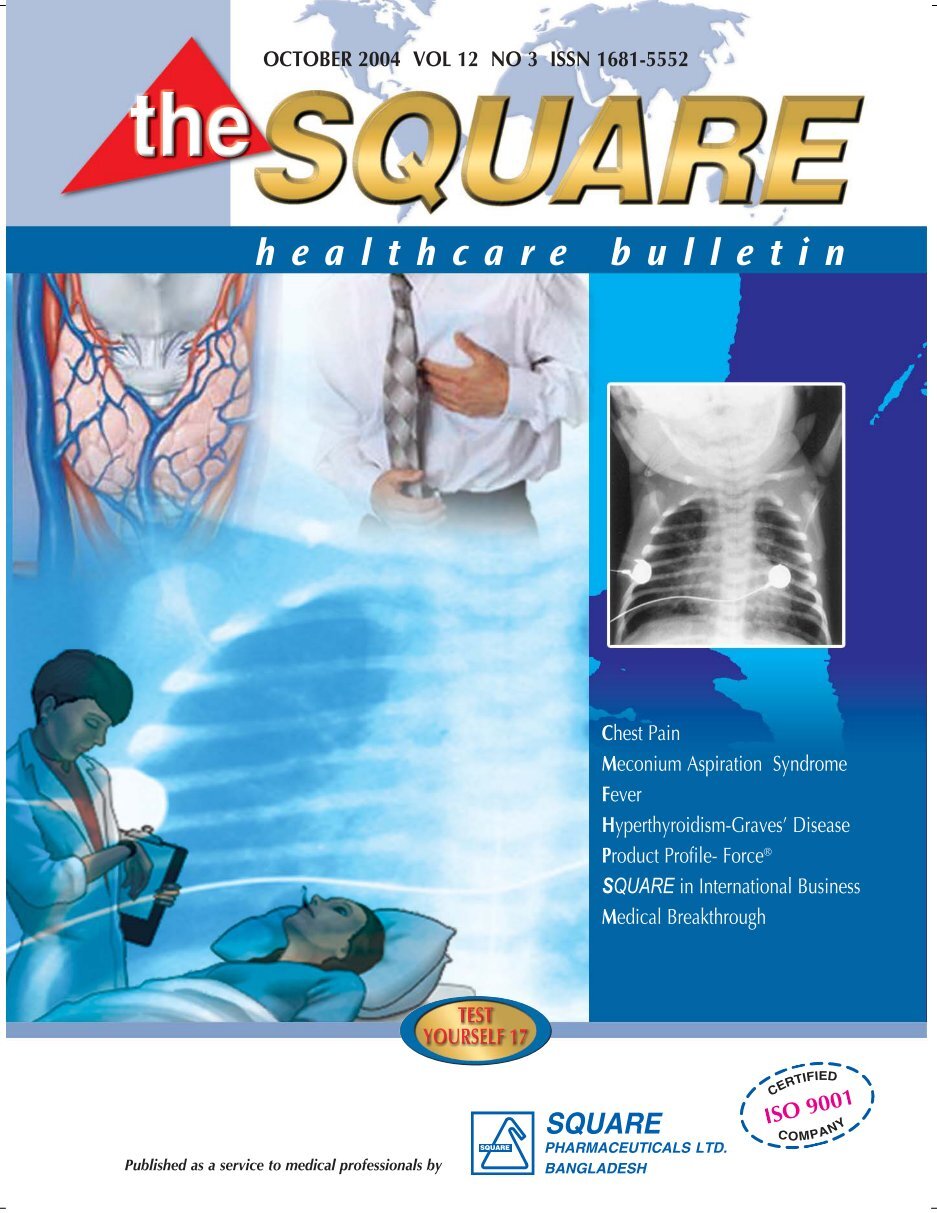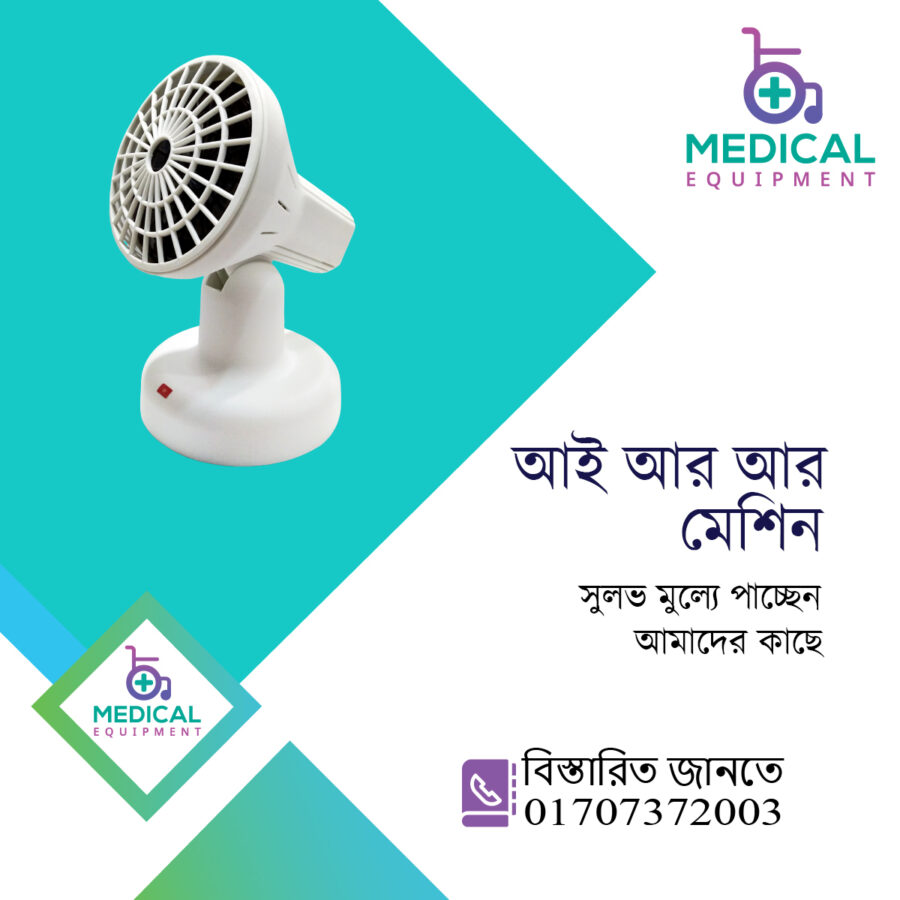Transforming Healthcare: The Power of Technological Advancements in the Medical Sector

Abstract: This comprehensive article delves into the transformative power of technological advancements in the medical and health sector. It explores various cutting-edge technologies, their applications, and their potential to revolutionize healthcare delivery. From artificial intelligence and robotics to telemedicine and genomics, this article covers a wide range of topics, highlighting the impact of these innovations on diagnostics, treatment, patient care, and healthcare accessibility.
Introduction
The introduction section sets the stage by emphasizing the importance of technology in advancing healthcare. It discusses the rapid evolution of technology and its profound impact on the medical sector, paving the way for more accurate diagnoses, personalized treatments, and improved patient outcomes.
Artificial Intelligence in Healthcare
This section explores the applications of artificial intelligence (AI) in healthcare. It discusses machine learning algorithms, natural language processing, and computer vision, showcasing how AI is transforming medical imaging, clinical decision-making, disease prediction, and patient monitoring.

Robotics in Medicine
The use of robotics in medicine has revolutionized surgical procedures, rehabilitation, and assistive technologies. This section explores the role of surgical robots, exoskeletons, and robotic prosthetics in enhancing precision, reducing invasiveness, and improving the quality of life for patients.

Telemedicine and Remote Monitoring
Telemedicine has gained significant traction, especially in remote and underserved areas. This section explores the benefits of telemedicine in providing remote consultations, monitoring chronic conditions, and expanding access to healthcare services. It also discusses remote patient monitoring devices and their role in preventive care and early intervention.

Genomics and Personalized Medicine
Advances in genomics have paved the way for personalized medicine. This section explores the impact of genetic testing, precision medicine, and targeted therapies in diagnosing and treating diseases based on an individual’s unique genetic makeup. It also discusses ethical considerations and challenges associated with genomics.

Internet of Medical Things (IoMT)
The Internet of Medical Things (IoMT) refers to the interconnected network of medical devices and healthcare systems. This section explores how IoMT is transforming healthcare delivery, enabling real-time data collection, remote monitoring, and efficient healthcare management. It also discusses the security and privacy concerns associated with IoMT.
Big Data and Analytics in Healthcare
The abundance of healthcare data presents opportunities for analysis and insights. This section delves into the role of big data and analytics in healthcare, from predictive modeling and population health management to clinical decision support systems. It highlights the potential of data-driven approaches to improve patient outcomes and optimize healthcare delivery.
Blockchain Technology in Healthcare
Blockchain technology offers secure and transparent data management in healthcare. This section explores the applications of blockchain in electronic health records, medical research, supply chain management, and patient data security. It also discusses the potential challenges and future implications of blockchain adoption.
Ethical and Legal Considerations
The integration of technology in healthcare raises ethical and legal considerations. This section explores topics such as privacy, data protection, AI bias, informed consent, and regulatory frameworks. It emphasizes the importance of responsible and ethical implementation of technology in the medical sector.
Future Directions and Conclusion
The article concludes by discussing the future directions of technology in healthcare, including advancements in virtual reality, nanotechnology, and wearable devices. It emphasizes the need for collaboration between healthcare professionals, technology developers, and policymakers to harness the full potential of these advancements in transforming healthcare.
